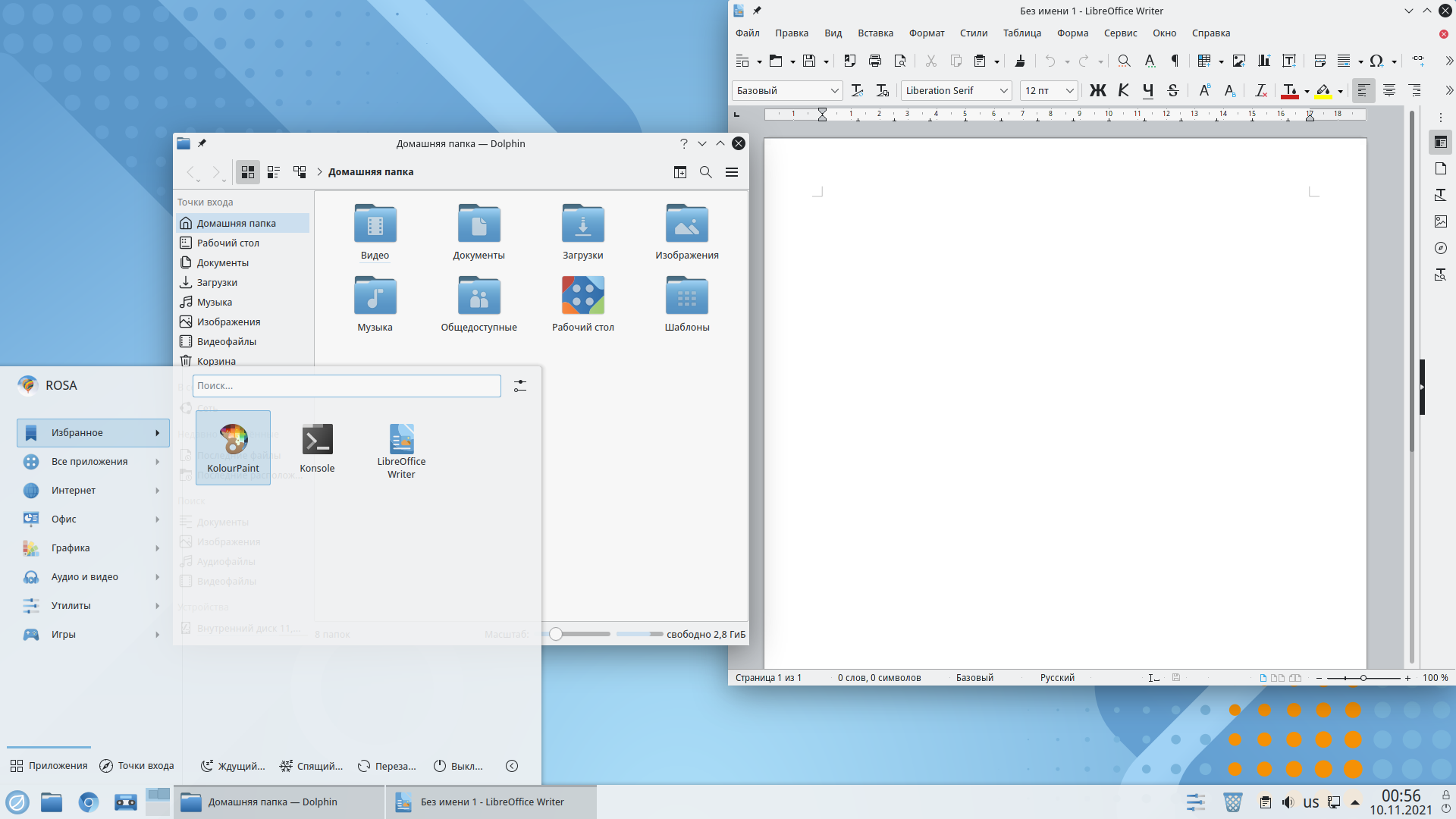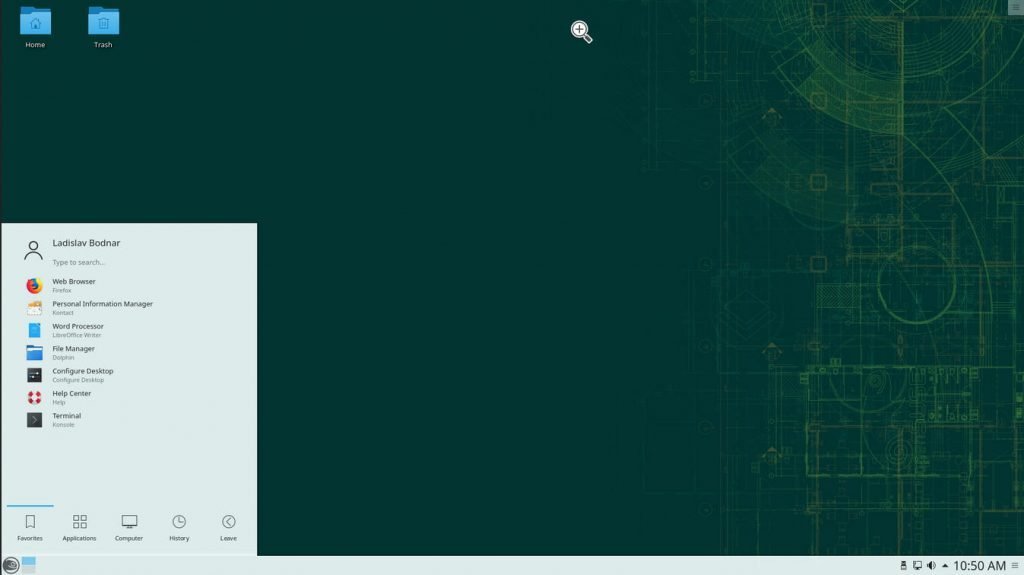

Puppy Linux is ideally for those that are looking for an inherently fast experience through and through. Originally based on Vector Linux which in turn was based on Slackware, Puppy Linux started off strong and is now fully independent putting it in the same league as Arch, Debian, and its previous Slackware base. The tools that make this possible are deb2pet, pet2tgz, pup2pet, new2pet, and dir2pet. Part of the appeal of an operating system such as Puppy Linux is the inherent value of multiple package sources together with the ability to convert to and from. With the options of JWM and Openbox for desktop environments, Puppy Linux has based its core on simplicity and the ability to thrive in any hardware environment. However, Puppy Package Manager continues to support.

That is, PET – acronym for “ Puppy’s Enhanced Tarballs” – is the package management and extension variation to Debian/Ubuntu-based systems. The Puppy Package Manager ( PPM) is peculiar in the sense that it presents traditional tarballs as. Puppy Linux generally loads faster in a non-install state on either a CD or USB due to its utilization of ramdisk. Puppy Linux SetupĬonsidering that Puppy Linux utilizes ramdisk incredibly well, Puppy Linux is one of those few distros you can actually get away with using exclusively on an external media. My ideal, however, is the Puppy Setup program. Using the Puppy Linux operating system guarantees the presence of several applications ready to roll on the boot. Once you’ve had that done you can simply insert it into the host system. If you haven’t already, grab a USB and burn the Puppy Linux image onto it using any of the USB creator’s tools.
#Lightweight linux distro kde install
To install or try Puppy Linux, go to the official page and download the Puppy Linux for your system architecture and prepare your install/tryout environment with the USB drive you’ve created. Puppy Linux Distribution Live Puppy Linux Environment If you’re interested in learning more about Puppy Linux, take your time to read through this article. It is a lightweight Linux distribution that focuses on ease of use and minimal memory footprint. Puppy Linux is a distribution created by Barry Kauler, Larry Short, Mick Amadio, and the Puppy community. The reason for this is simple: Puppy and its multiple variations with support for application packages from bases ranging from Ubuntu to Slackware and Arch Linux while being one of the most commonly used operating systems for Linux laptops reign supreme. First of all, let me say that I am a big fan of Puppy Linux.


 0 kommentar(er)
0 kommentar(er)
